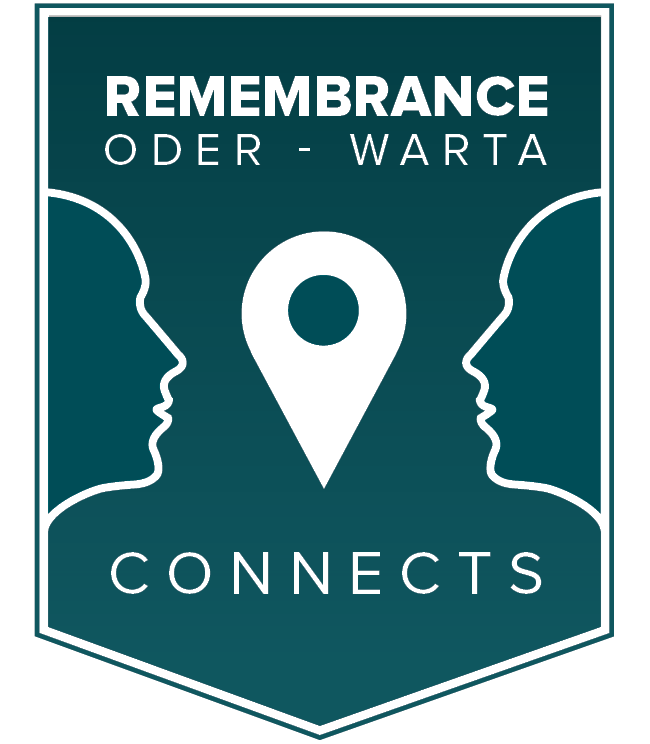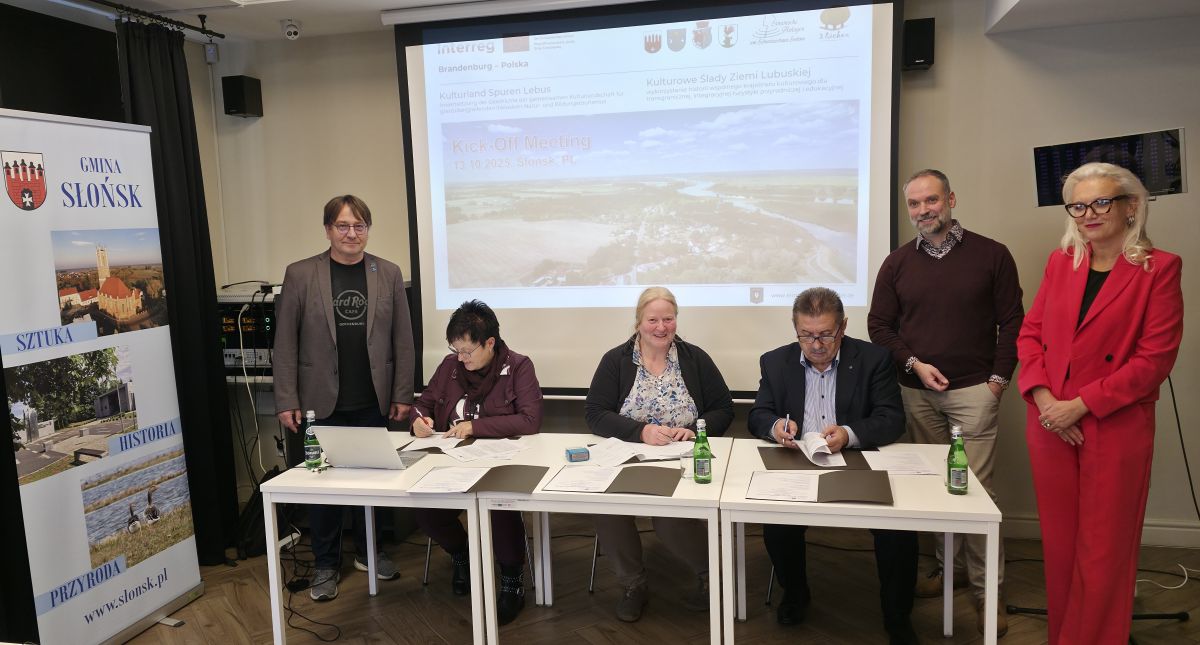Capitalising on the history of the shared cultural landscape for cross-border inclusive nature and educational tourism
Interreg VI A funding project 2025-2028
People have been shaping, cultivating and moulding the Oder-Warthe region for centuries. The resulting cultural landscape is a reflection of the needs, values and traditions of our society. The project aims to tell the common history of the Oder-Warthe region through its cultural landscape, interactively and from different perspectives.
The historical development of cultivation methods and processes forms an important part of our shared history and cultural identity, traces of which can be found in the landscape, in traditional forms of cultivation, dishes, natural products and much more on both sides of today's border. Making the cross-border cultural landscape tangible therefore offers great potential for understanding our common past, strengthening awareness of our shared cultural heritage and regional identity and developing a shared sense of responsibility for the future design and utilisation of the landscape.
The project contributes to improving mutual access to the natural and cultural heritage and to tourist and cultural offers at 6 locations by developing new interactive experience stations and networking them across borders. The new brand Kulturland Spuren Lebus (working title) is part of the tourism brand „Erinnerung verbindet“ Oder-Warthe.
The planned experience stations are:
- Słońsk (PL):
The work of the Order of St John in shaping the cultural landscape, - Kienitz:
History of park landscape design using the example of the Kienitz estate park, - Kostrzyn nad Odrą (PL):
The influence of the military on the development of the cultural landscape using the example of Küstrin Fortress, - Buckow (DE):
Rich in wildlife - history of forest utilisation (wild herbs, mushrooms, forest fruits and co.), - Seelow (DE):
Cultivated land use today (sustainable agriculture, renewable energies, landscape conservation), - Schweizerhaus Seelow (DE):
Nature discovery park on the history of regional crops.
Nature and learning trails are created at each location. Participatory approaches with analogue and digital elements in several languages and in simple language enable knowledge transfer on different levels. Visitors experience cultural history and shared traditions at different locations and from different perspectives in an active form. They can make traditional products or actively protect the environment. A particular focus is on communicating sustainable strategies and methods for preserving the diversity of the cultural landscape and the consequences of human misbehaviour on the climate and the environment.
Project partner:
- Municipality of Słońsk (PL), lead partner
- City of Seelow (Mark)
- City of Kostrzyn nad Odrą
- Municipality of Letschin
- Märkische Schweiz Nature Conservation Park Association.
- Heimatverein „Schweizerhaus Seelow“ e.V.
- Warta Estuary National Park (associated partner)
- Märkische Schweiz Nature Park (associated partner)
Project duration: 01.09.2025 - 31.08.2028




Leave a Reply